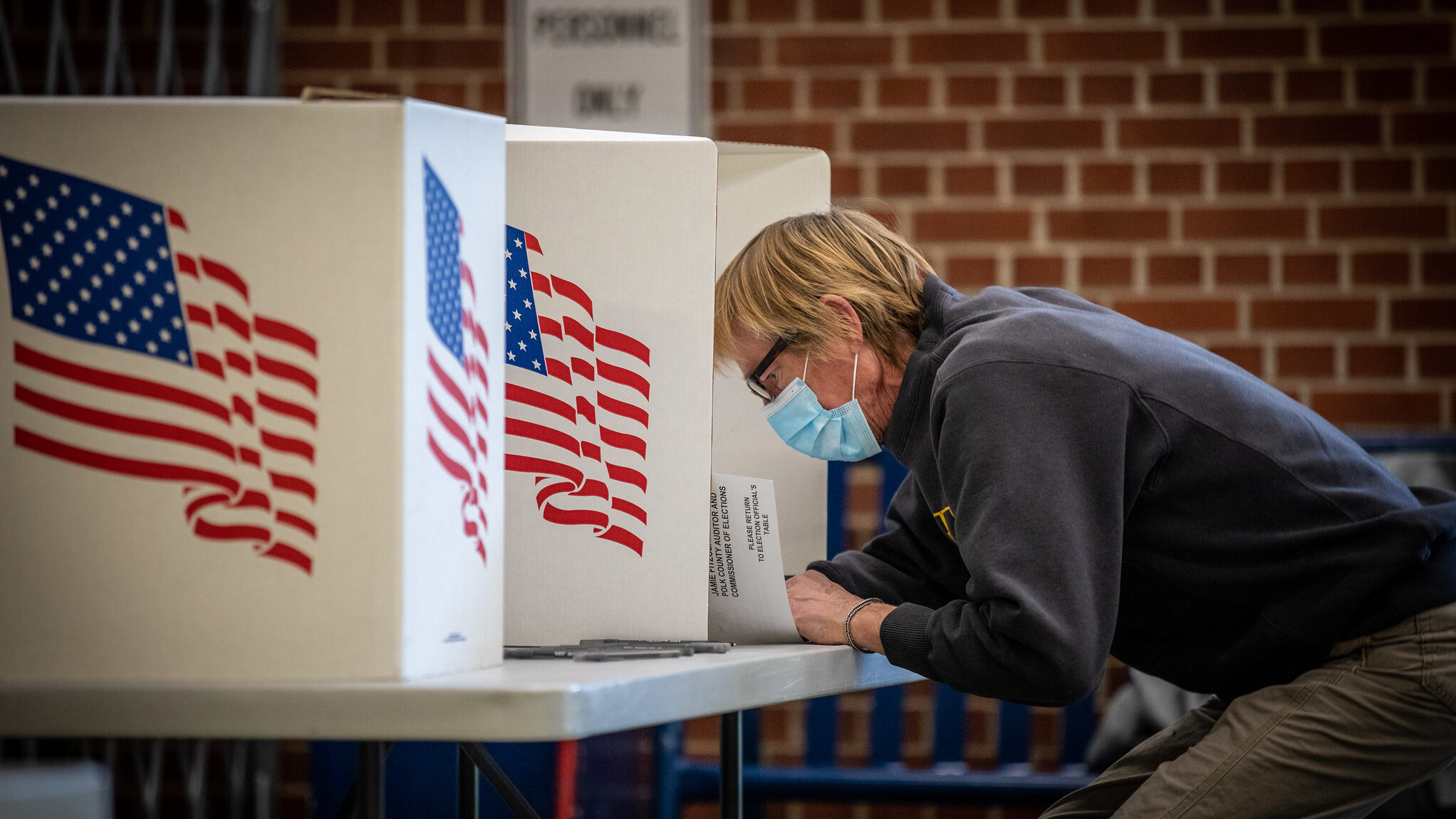
This article was originally published on The Federalist - Elections. You can read the original article HERE

After the Pennsylvania State Department allegedly instructed voters who cast invalid mail ballots to vote a second time via provisional ballot, two voters are trying to use the courts as a cudgel to force Butler County to accept the new “cured” ballots, according to a Tuesday filing by the Republican National Committee (RNC), which seeks to intervene in the court battle.
Along with the Pennsylvania GOP, the RNC is asking to intervene as a respondent in the case. The two voters seek to force Butler County to allow them and others to “cure their mail-in ballots, which they admit were defective under existing Pennsylvania law,” according to the filing.
The petitioners, who are represented by the ACLU, sued Butler County after the county rejected their mail-in ballots for lacking the required secrecy envelope and did not accept their provisional ballots. State law requires the secrecy envelopes for a ballot to be counted.
“Knowing this, the Department of State has taken it upon itself to unilaterally reach out to voters whose mail-in ballots have been rejected due to a perceived lack of a secrecy envelope and encourage them to cure such ballots by appearing in person and voting provisionally,” the RNC alleges.
Butler County rejected the “illegitimate” provisional ballots, according to the filing.
The Pennsylvania Supreme Court ruled in Pennsylvania Democratic Party v. Boockvar in 2020 that mail-in ballots lacking the secrecy envelope are invalid. This decision allowed counties to cure “certain deficiencies in their mail-in ballots if they are so inclined” but, as the filing summarized, “no court … can require them to do so.” Only the state legislature can create such a requirement via legislation, the RNC argues.
“Yet this is exactly what Petitioners seek here: a Court Order which requires the Board to permit voters to cure materially defective mail-in ballots when the Board has already considered the issue, created a policy governing what defects it will permit to be cured, and has determined that the lack of a secrecy envelope is not something which can be cured,” the filing states.
A copy of Butler County’s ballot curing policy attached to the filing stipulates that the county elections bureau “shall not send the Ballot back to the Voter or issue the Voter a new Ballot due to [a] Deficiency” in the mailed ballot (emphasis added).
The filing argues that petitioners want to force the Butler County Board “to cure legally deficient ballots by counting unauthorized provisional ballots.”
In a statement, RNC Chairman Michael Whatley said it’s “plain and simple” that “Butler County does not allow ballot curing for ballots missing the required secrecy envelope.”
“If a vote is not legally cast, it should not be counted,” he added.
The Pennsylvania State Department has a history of ignoring election laws.
In 2022, after the Supreme Court tossed out a lower court ruling that had wrongfully allowed undated mail-in ballots to be counted, then-Acting Secretary of the Commonwealth Leigh M. Chapman claimed the Supreme Court’s ruling did not affect the lower court’s decision “in any way.”
“It provides no justification for counties to exclude ballots based on a minor omission, and we expect that counties will continue to comply with their obligation to count all legal votes,” she said in a statement.
Pennsylvania election lawyer Linda A. Kerns told The Federalist at the time that Chapman’s instruction “defies the Election Code written by the legislature and signed by the governor.”
During the 2020 election, then-Secretary of the Commonwealth Kathy Boockvar bucked state law by issuing guidance that voters who needed to provide proof of identity could do so up to nine days after Election Day. State law mandated a cutoff six days after Election Day.
Boockvar was later rebuked for flouting the guidance by Judge Mary Hannah Leavitt, who wrote Boockvar “lacked statutory authority” to “change the deadline … for certain electors to verify proof of identification.”
Brianna Lyman is an elections correspondent at The Federalist.
This article was originally published by The Federalist - Elections. We only curate news from sources that align with the core values of our intended conservative audience. If you like the news you read here we encourage you to utilize the original sources for even more great news and opinions you can trust!










Comments